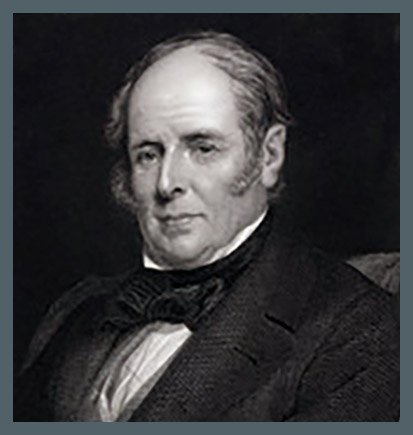British Canals Through The Years: Navigation 

William Chadwell Mylne British Civil Engineer
William Chadwell Mylne was a British civil engineer who lived from 1781 to 1863. He was the son of Robert Mylne, who was also a prominent civil engineer and architect, and he followed in his father's footsteps to become an accomplished engineer in his own right.
Mylne worked on several important canal projects, including the Grand Junction Canal and the Regents Canal in London. He was also responsible for the construction of several important bridges, including the Southwark Bridge, which was one of the first cast iron bridges in London.
One of Mylne's most notable achievements was his work on the Birmingham and Liverpool Junction Canal, which was a major commercial waterway that connected the two cities. Mylne was responsible for the design and construction of several of the canal's locks and aqueducts.
Mylne was known for his attention to detail and his ability to solve engineering problems. He was also a skilled cartographer and produced detailed maps and plans for many of the canals and bridges that he designed.
Mylne's contributions to canal engineering helped to transform transportation and infrastructure in Britain during the Industrial Revolution. He is considered to be one of the most important canal engineers of his time and his legacy continues to influence engineering practice today.
The Canal and Navigable Waterway Engineers 
These engineers played a significant role in the development of the canal system in Britain during the Industrial Revolution. Their innovations helped to transform transportation and infrastructure in the country.

